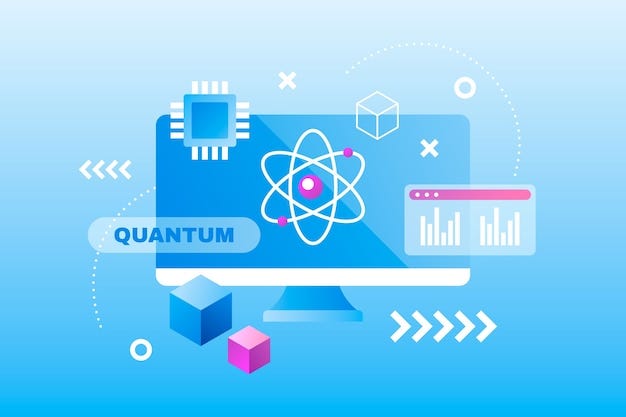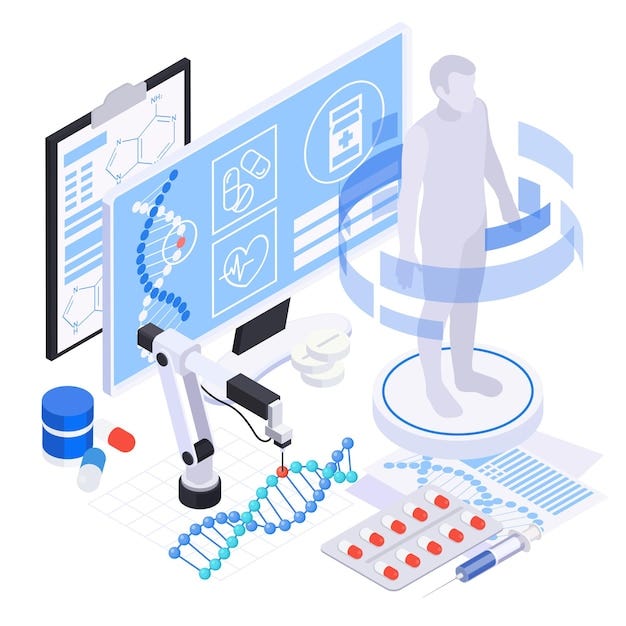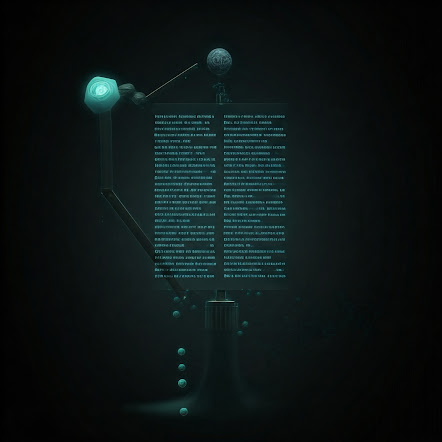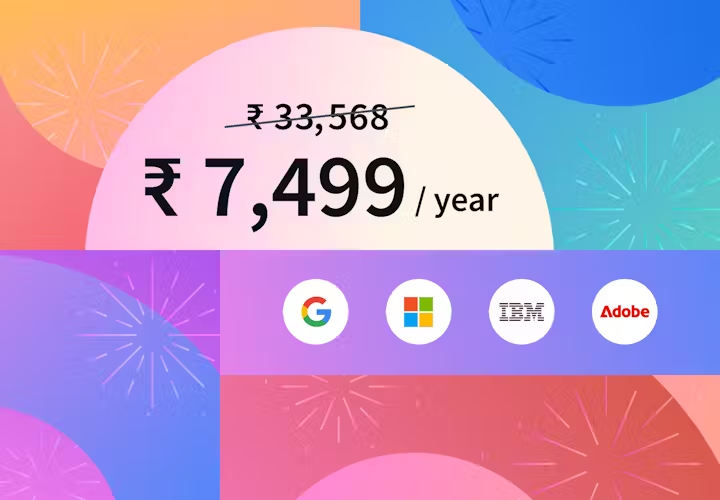Google’s Willow: So What’s the Deal with This Quantum Computer, Anyway?
Google’s Willow: So What’s the Deal with This Quantum Computer, Anyway?

Introduction
By now, you must have heard about quantum computing. Google claimed it solved a problem in 5 minutes which a regular super computer could have solved in 10 septillion years. For context, 10 septillion years is 10²⁴ years vs Age of our universe is ~10 Billion (10⁹) years — almost 10¹⁵ times bigger number. Essentially, time taken by super computers would have dwarfed age of universe by a factor of 10¹⁵!!

So even though Google have been involved in this for quite sometime — latest development & especially the computation discussed above makes it one of the biggest milestones is the history of computers.
Let’s now discuss what it actually is, why they’re building it, and what it means for us normal folks.
What are Quantum Computers!

Traditional computing: Before we try to understand what is willow, let's know about how current computers work. Current computers are based on traditional chips which rely on bits (0 or 1). Their performance is limited by the physical limits of sillicon based technology which contstaints their performance. However, they have been quite good in handling our regular tasks such as web browsing, running applications etc.
Quantum computing: Instead of bits, quantum computers use qubits which can be in superposition of 0 and 1 simultaneously — meaning they can represent both 0 and 1 using some complex mathematical concepts. For instance think of a*0 + b* 1 where a would be probability of state being 0 and b is probability of 1 being the state. For the time being let’s just understand that since we are able to represent both the states at the same time — it will help immensely in parallel computing as we can perform operations for all possible states in parallel. However challenging part is they are highly sensitive to noise and require extremely cold temperatures to operate.
Key differences between traditional vs quantum computing:
Bit vs Qubit: As explained above, in classical computers — we use bits which can represent 1 state at a time whereas Qubit can represent multiple states at a time.
Processing Power: Due to concepts such as superposition and entanglement — qubits can process many possibilities at the same time while bits process it sequentially.
Scalability: As we add more qubits, processing power of quantum computers increase exponentially whereas classical computers have limitations based on physical attributes such as size & power etc.
What is special about willow?
Willow is based on transmon qubits which are tiny superconducting circuits. These need to be cooled at ~.01 Kelvin. Wonder how cold that it? — Space temprature is 2.7 Kelvin. Another statistic — Lowest recorded temperature at the ground level is 184 Kelvin. This makes tempratures required by Willow really really low. Additionally, it is kept in a vibration-free, electromagnetic interference-free, and shielded from other external factors which can affect its performance. Additionally, willow needs control systems which can precisely manipulate the cubits. This is one of the milestone in Google’s pursuit of building a powerful quantum computer.
Why is Google doing this?

Some problems are impossible for regular computers, like tasks that might take longer than the universe’s age to solve such as example above or any task which takes unreasonably long time. Since, Quantum Computing is one of the possible answers to this and now google having proved this with Willow — it only makes sense to continue building one till we get to real life problem solving stage.
Quantum computers could help in following areas:
- Design new medicines: Creating new drugs requires very complex computational tasks and a quantum computer may fasten the pace of such computation and thus facilitating the development of new drugs.

- Any kind of complex simulation & optimization problems: Some simulation problems need significant computing power such as studying fundamental laws of nature or chemical reactions. Or thinking about improving very complex problems like supply chain and traffic flow optimization due to the very large number of variables and possibilities.
Possible Threats from Quantum Computers:
Quantum computers, while promising in many areas, also pose some significant threats. Here are a few:
- Breaking current cryptography: As we can see from recent developments, cracking a password or cryptographies will be much quicker making the current security infrastructure obsolete in most of the cases. Additionally, there will be a significance loss of privacy and unfair usage of Quantum computing is possible.
- Quantum-Resistant Encryption: Creating a quantum resilient encryption is a challenge if above mentioned even happens.
- Economic Disruption: Firms which start early might get an unfair advantage which can create an economic disruption.
If you liked the explanation , follow me for more! Feel free to leave your comments if you have any queries or suggestions.
You can also check out other articles written around data science, computing on medium. If you like my work and want to contribute to my journey, you cal always buy me a coffee :)

References
[1] https://blog.google/technology/research/google-willow-quantum-chip/




Comments
Post a Comment